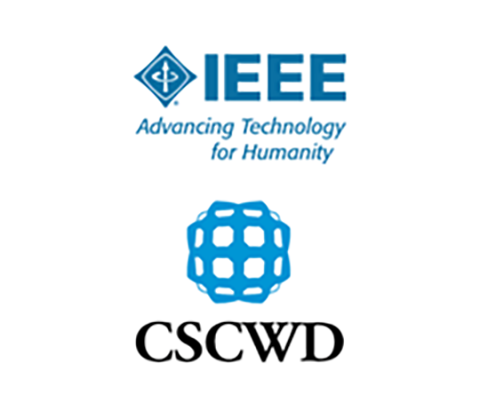

|
Organized
by |
|
Co-Sponsored
by |
|
General
Conference Chair |
|
General
Conference Co-Chairs |
Program
Committee Co-Chairs |
|
Publication
Chair |
|
Special Session Chair |
|
Finance
Chair / Treasurer |
Local Arrangement Chair |
|
International
Steering Committee |
|
Co-Chairs |
|
Secretary |
|
Members |


Speaker: Cristina Bicharra Garcia, Full Professor at the Applied Informatics Department at the State of Rio de Janeiro Federal University (UNIRIO), Brazil
Title: The Good, The Bad, and The Ethical: Exploring Artificial Intelligence in Automatic Decision-Making
Abstract:
This presentation will focus on the ethics of using artificial intelligence (AI) in automatic decision-making. Various domains use AI algorithms for decision-making, from criminal justice and healthcare to hiring and credit scoring. While these algorithms offer the potential for increased efficiency and objectivity, they also raise several ethical concerns.
The presentation will begin with an overview of the current state of AI and automatic decision-making, including the different types of AI algorithms and their use. It will then discuss some of the key ethical considerations associated with these applications of AI. These may include issues of fairness and bias, transparency and explainability, privacy and data protection, and accountability and responsibility.
The presentation will also explore some potential consequences of using AI in automatic decision-making, both positive and negative. For example, AI may help to reduce human error and bias, but it may also perpetuate existing social inequalities or create new ones. In addition, it may improve efficiency and productivity. However, on the other hand, it may lead to job losses or other unintended consequences.
This presentation will address these ethical concerns and propose several guidelines and best practices for developing and deploying AI algorithms. These may include the need for transparency and explainability, ongoing monitoring and evaluation, and interdisciplinary collaboration between technical experts and other stakeholders. The presentation will also exemplify the issue of bias using our current study in loan decision-making using data from a Brazilian bank as a case study.
The presentation will conclude by highlighting the ongoing importance of ethical considerations in using AI and automatic decision-making and the need for continued discussion and debate around these issues. Taking a proactive and ethical approach to AI can help ensure that these technologies are used in ways that benefit society.
Biographical Sketch:
Cristina Bicharra Garcia received a Ph.D. degree in Computer-Aided Civil Engineering from Stanford University(1992), an M.Sc. degree also from Stanford (1988), and an Engineer degree in Civil Engineering from the Federal University of Rio de Janeiro (UFRJ). She is a Full Professor at the Applied Informatics Department at the State of Rio de Janeiro Federal University (UNIRIO), a Research Affiliate of the Massachusetts Institute of Technology (MIT), and an IEEE senior member. She is currently the head of the Applied Artificial Intelligence Laboratory (SPID) at UNIRIO. She was the founder and coordinator for 21 years of the ADDLabs, where she developed over 20 AI software solutions for the petroleum domain. She is the author of over 44 journal papers and 140 conference papers. She has supervised 13 Ph.D. Thesis and 36 M.Sc. Dissertations. Her current research interests include explainable AI, algorithmic discrimination, computational intelligence methods, and applications for the social good.